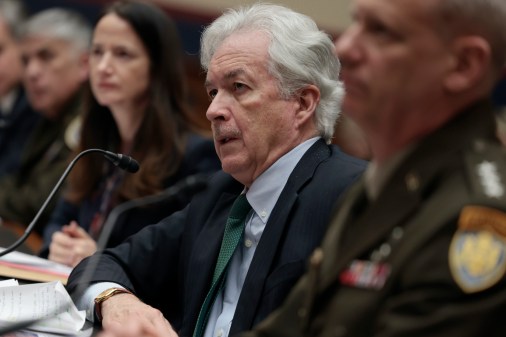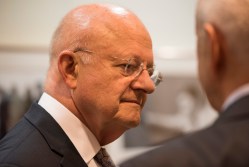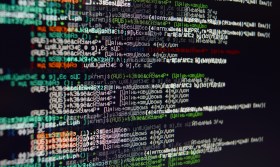U.S. intel leaders urge public to stand against Russian cyberattacks

The White House has faced growing pressure in recent weeks from Capitol Hill and the Department of Justice to blame Russian intelligence for its alleged meddling in the U.S. electoral process. Veiled protests turned to a public call for action from democratic House and Senate intelligence committee leaders Thursday, who urged the American people to “stand together and reject the Russian effort.”
Following a closed door Senate Intelligence Committee briefing, Sen. Dianne Feinstein, D-Calif., and Rep. Adam Schiff, D-Calif., released a joint statement requesting for a swift response to credible, ongoing threats to the November elections.
“Based on briefings we have received, we have concluded that the Russian intelligence agencies are making a serious and concrete effort to influence the U.S. election,” the joint statement reads, “this effort is intended to sow doubt about the security of our elections and may well be intended to influence the outcomes … We call on President Putin to immediately order a halt to this activity.”
Feinstein and Schiff’s comments come after numerous, scheduled closed door intelligence committee briefings.
Until now, lawmakers on both sides of the aisle have largely deferred questions concerning Russia’s malicious activity in cyberspace to the Obama administration and law enforcement officials.
The FBI reportedly remains engaged in an ongoing investigation focused on a data breach at the Democratic National Committee which was attributed in June to two Russian cybercrime groups by a cohort of private sector cybersecurity firms.
Former National Security Council and FBI officials previously told FedScoop they believed the White House may decline to use public attribution for the DNC case in favor of other options, including diplomatic negotiations, economic sanctions or an offensive cyber response.




